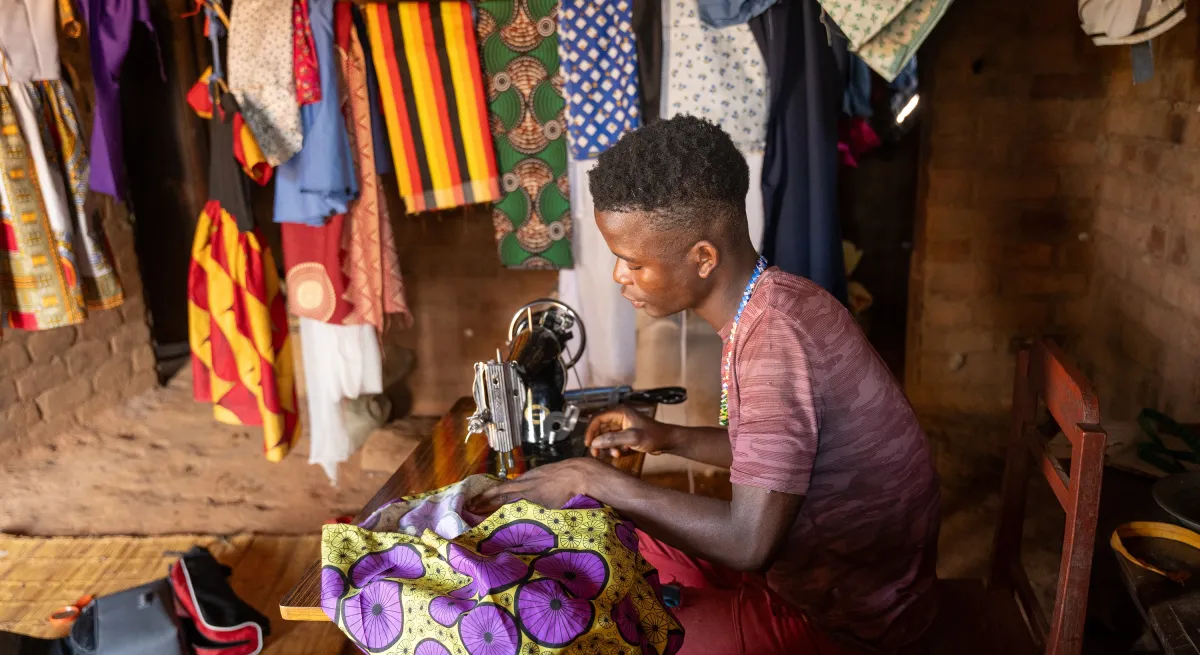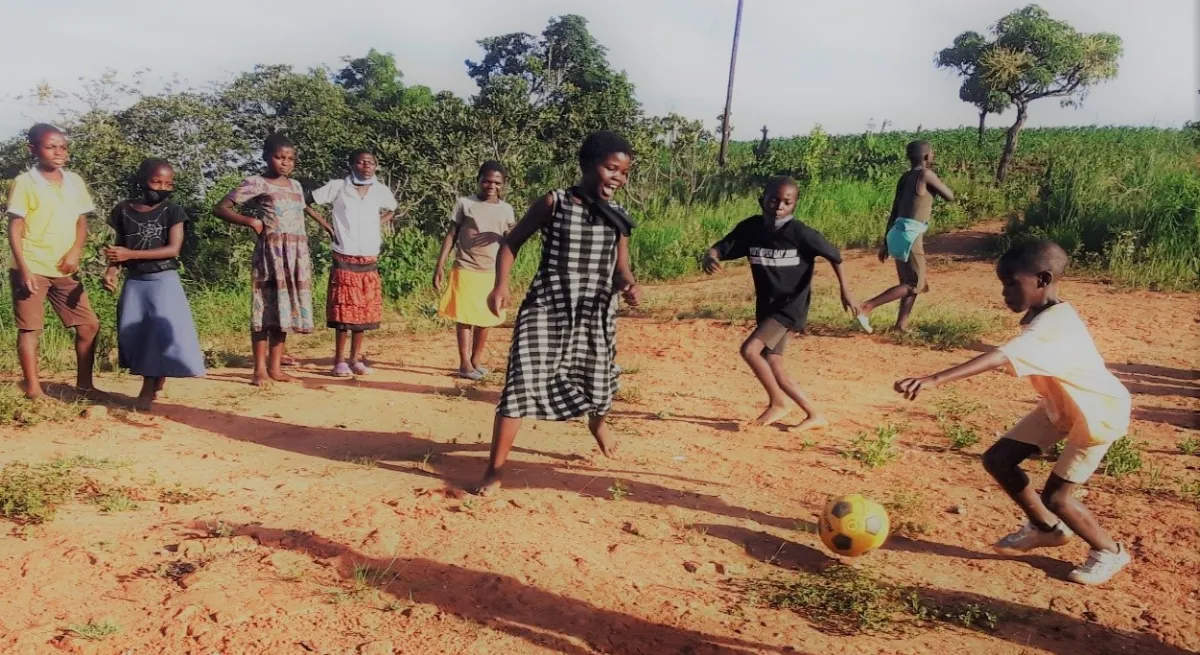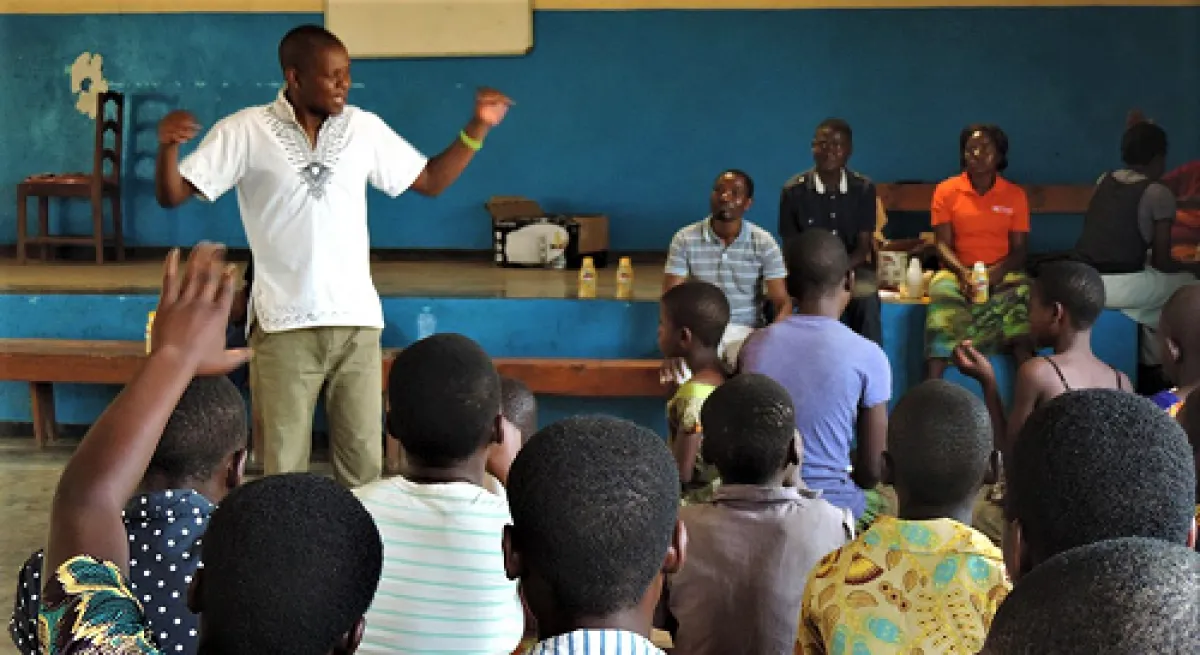
Equipping vulnerable 10- to 19-year-olds with medical care, skills, and network to realise their potential.
-13.688786674503, 34.241000185821
In Malawi, the lack of adolescent-friendly health services and social stigma deter HIV positive adolescents from accessing vocational education and the labour market.
The project ASPIRE, supported by Julius Baer Foundation and implemented by Partners In Health’s local organisation APZU, provides adequate medical antiretroviral treatment and educates these vulnerable adolescents in their HIV Teen Clubs in the district of Neno with the goal of improving their economic opportunities. Through the funds of the Foundation, ASPIRE is redesigning its curriculum in close collaboration with various government ministries. Besides addressing medical care, healthy lifestyles, and stigma, it will include sexual reproductive health and rights (SRHR) with special emphasis on sexual and gender-based violence, as well as career guidance and life skills, such as financial and computer literacy and other forms of vocational training.
Rather than surrendering to the wealth and health gap, Neno’s youth will now be equipped to participate in the workforce.
Quick facts
• Malawi, Neno
• Project support: 2022-2026
• Grant amount: CHF 900,000
• This project is co-funded by Leopold Bachmann Stiftung
• Collaboration between ASPIRE and various government ministries to elaborate on and implement a comprehensive curriculum across the HIV Teen Clubs.
From stigmatised and isolated...
Burdened by poverty, stigma, and a lack of education, HIV-positive adolescents adhere less to medications, becoming trapped in a spiral of vulnerability, hindering upward social mobility.
... to empowered and involved
Adolescents are empowered though proper medical care, mental coaching, education, and access to networks and job opportunities, allowing then to build better lives and stronger societies.

Today I am alive and I live a healthy life till now, because of the consistency of drugs and advice provided to us at Teen Club.
OUTPUT
The redesigned Teen Clubs curriculum is enrolled in all fourteen health facilities in Neno, to ensure quality medical provision, mental coaching, and vocational and networking activities.
OUTCOME
By 2025 the project aims to reach a 90% retention rate for teenagers in care, improving their physical health and securing the basic conditions to realise their potential
HIGHLIGHT
Malawi Ministries of Health, Labour, Youth Development, Gender, Agriculture and of Education all contributed to the new curriculum and will be engaged in upscaling the intervention into further districts.
A medical, educational and social cure for inequalities
- Malawi has one of the highest HIV infection rates worldwide (8.8%).
- Assisting HIV-positive adolescents over a long time, APZU has observed that the youth’s challenges go beyond physical health.
- Their psycho-physical condition and the lack of financial ressources lead to meagre school participation.
- Due to HIV stigmatisation, their adherence to medication stays low, hindering them from realising their full potential, participating in the labour market, and gaining social mobility.
- As a result, the wealth divide in the area is deepened, making wealth inequality one of the drivers of the HIV epidemic in sub–Saharan Africa.
- The economic burden of HIV rests upon vulnerable communities for generations.
- In collaboration with the Julius Baer Foundation, APZU aims for a holistic approach to break the vicious cycle between HIV and wealth inequality.
- The redesigned curriculum will mentor the adolescents more comprehensively, empowering them through healthcare, skill training, and networking.


